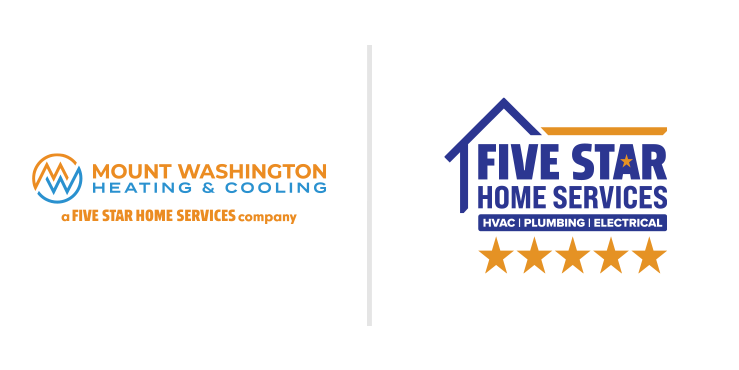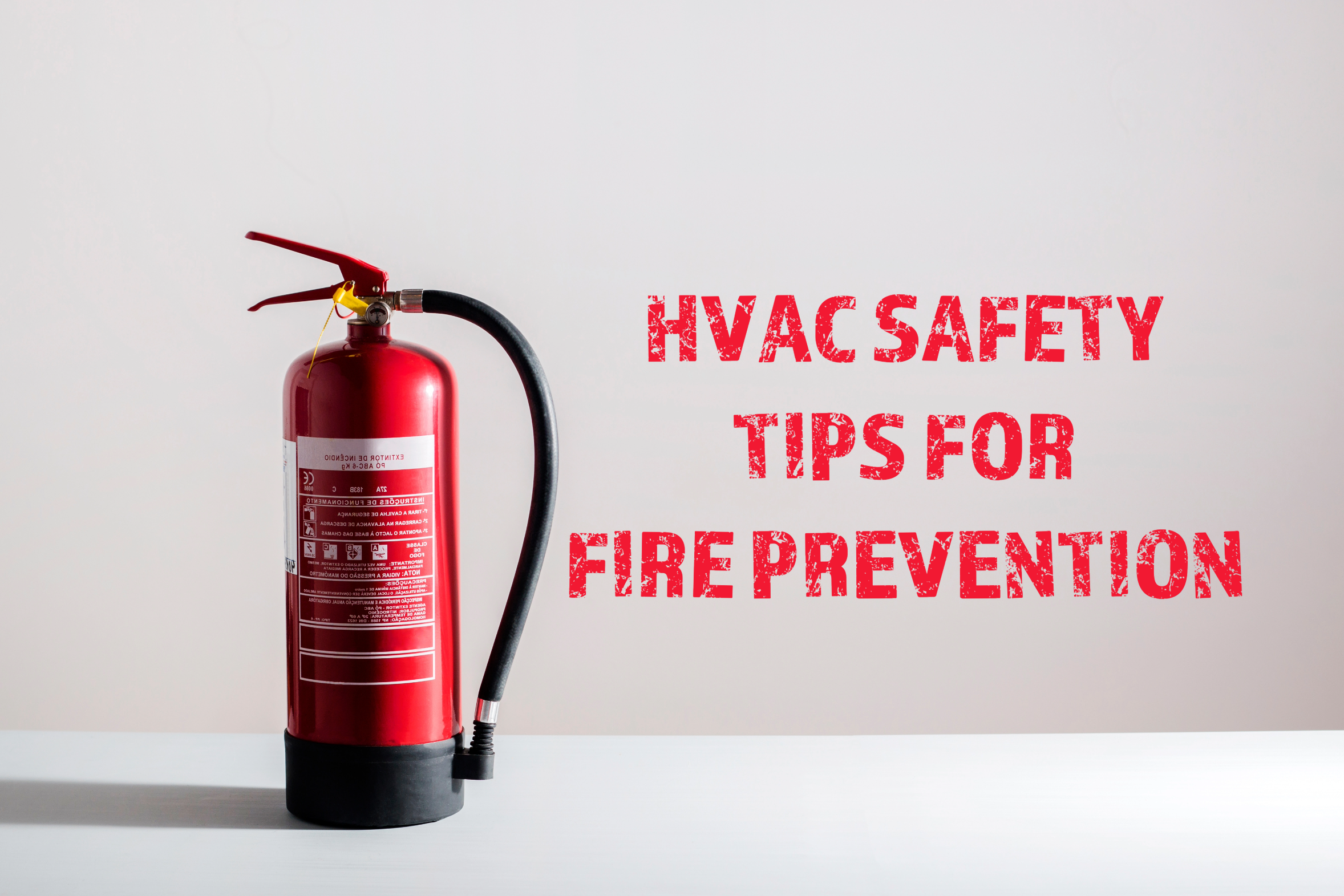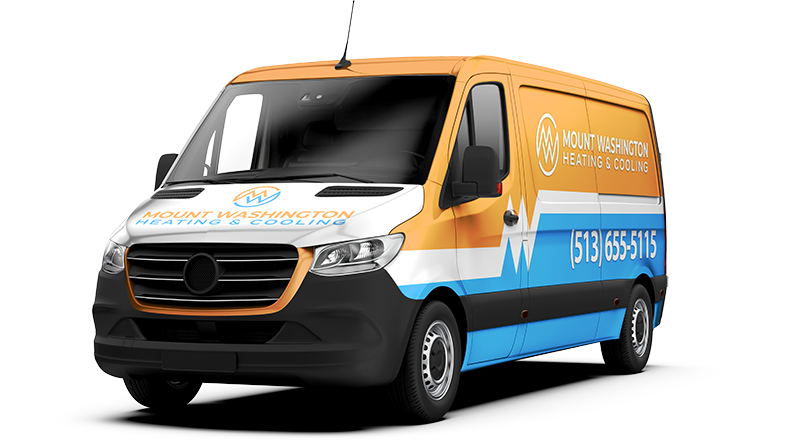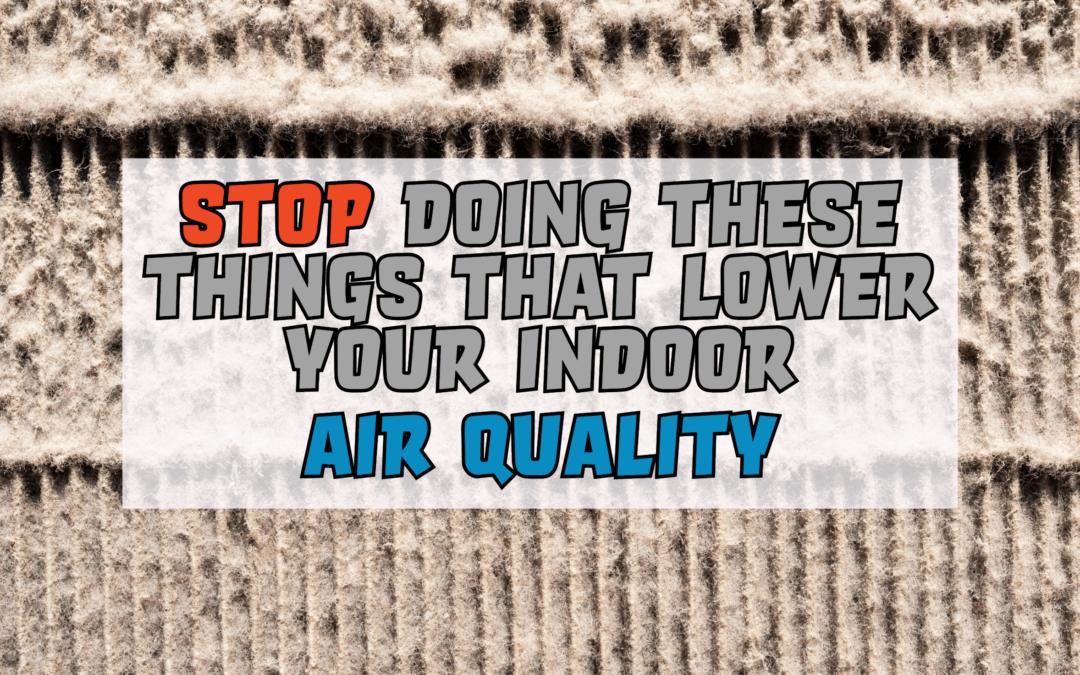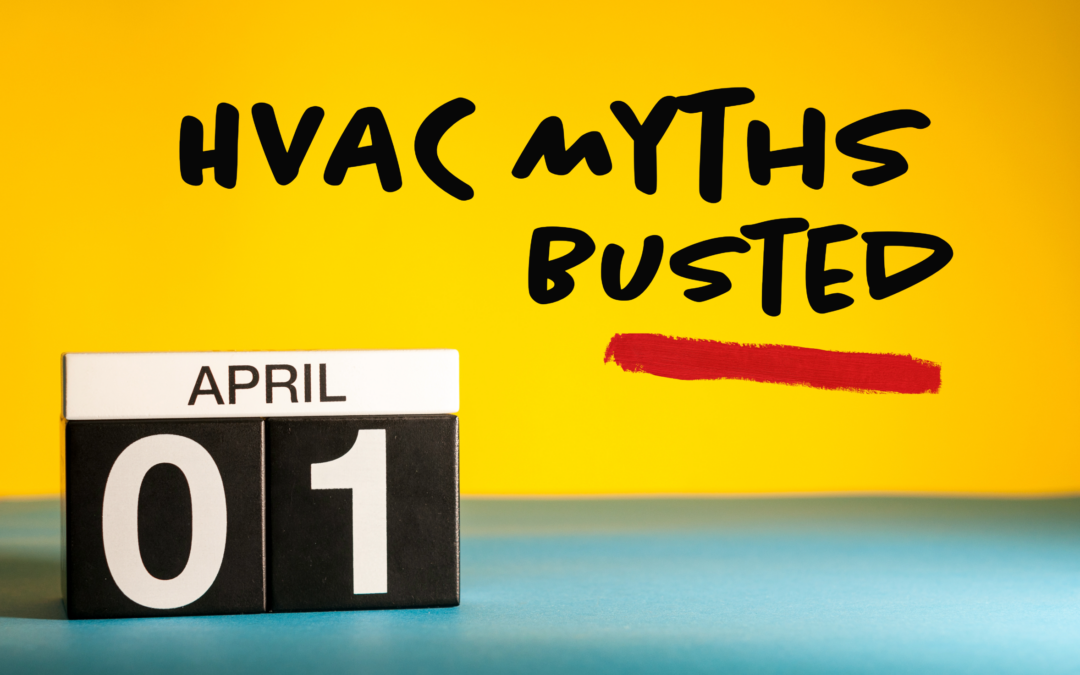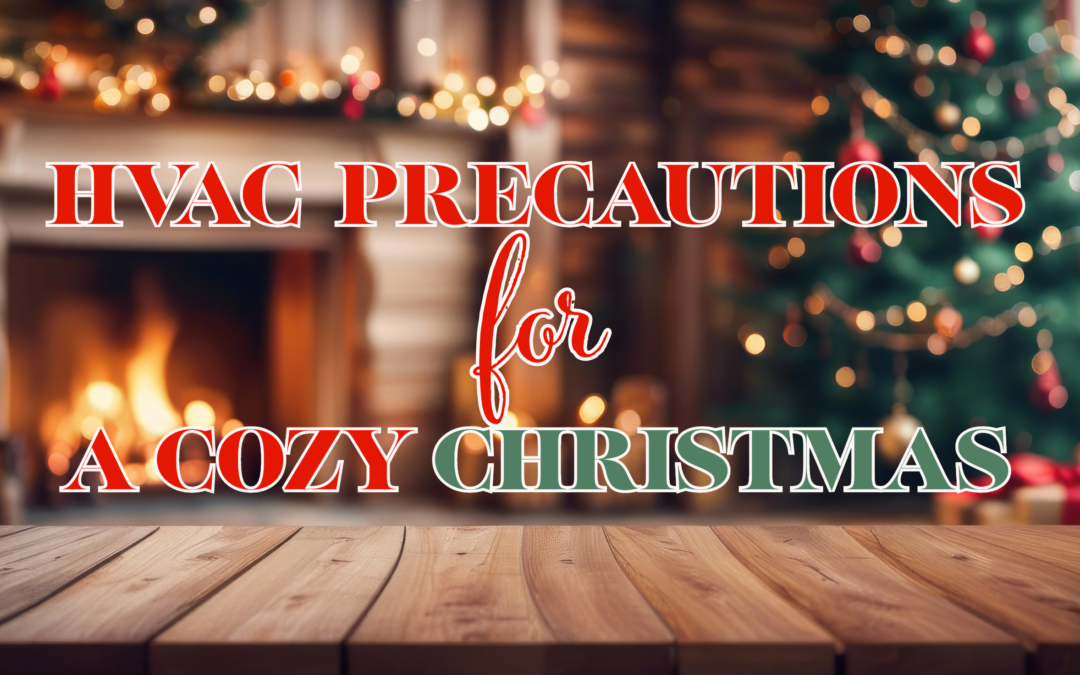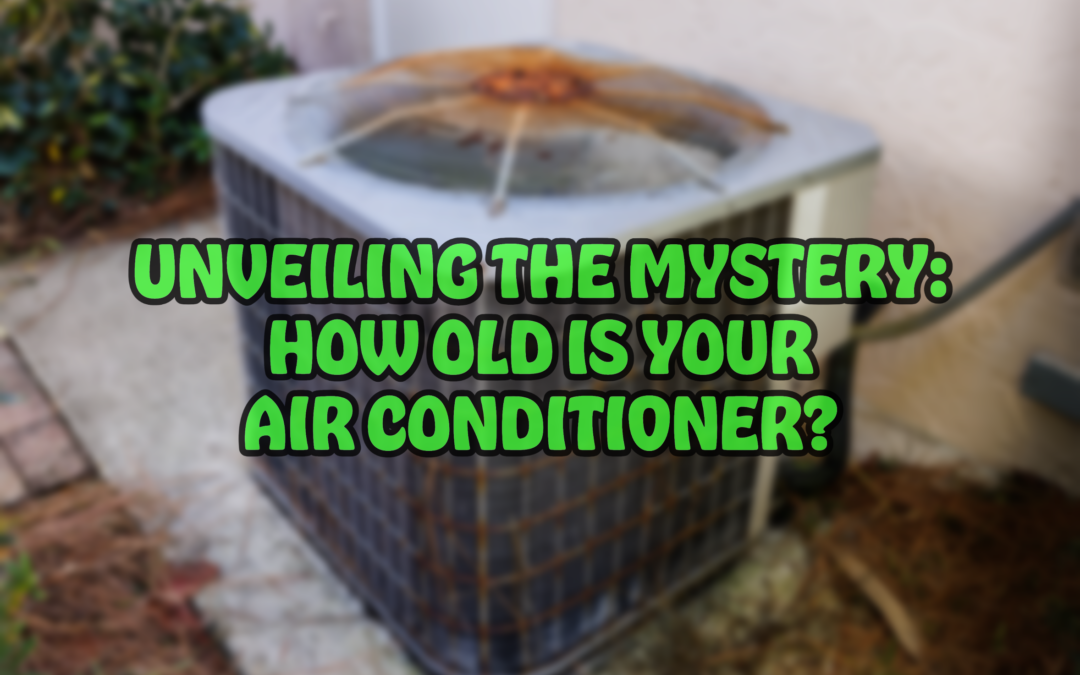October is finally here, and you know what that means – fall fun and Halloween festivities! But, we at Mount Washington Heating & Cooling want to take a moment to remind you also about October being National Fire Prevention Month. It’s super important to be aware of fire safety! Can you believe that around 358,500 house fires happen every year in the United States? The craziest part is that most of these fires can actually be prevented with simple practices and regular care. Just like anything else in life, your HVAC system needs some proper love and attention, too. While HVAC units aren’t inherently dangerous, neglecting their maintenance can lead to potential fire hazards. So, let’s all join your local heating and cooling pros as we spread the fire of safety awareness for all things HVAC-related!
Regular Maintenance
Regular maintenance is key when it comes to keeping your HVAC system safe from fires. It’s recommended to have a licensed HVAC technician check and service each unit at least once a year, preferably before you start using them for the season. During these visits, they’ll make sure everything is running smoothly and address any potential issues, like frayed wires, loose connections, or blocked ventilation, that could pose a fire risk. Preventative care alone plays a huge role in keeping dangerous situations at bay.
Clean Filters and Ducts
Did you know that dirty air filters and clogged ducts can cause problems for your HVAC system? Not only do they make it less efficient, but they can also increase the risk of fires. It’s a good idea to replace your filters regularly, as recommended by the manufacturer, usually every one to three months. And don’t forget to have your ducts cleaned periodically, about every 3-5 years, to keep dust and debris from building up inside.
Monitor Electrical Components
Faulty electrical components can pose a serious fire risk, so it’s important to be on the lookout for warning signs. Keep an eye out for things like flickering lights, tripped circuit breakers, or burnt smells coming from your HVAC unit. If you notice any of these issues, make sure to reach out to a professional to have the problem assessed as soon as possible.
Keep Flammables Away
Make sure you don’t store any flammable materials or chemicals near your furnace. They can easily catch fire if there’s a malfunction or overheating. It’s always a good idea to keep a clear space around your HVAC equipment to minimize the risk of fire spreading. Some items you should definitely keep away from your HVAC unit include paint cans, spray bottles, cleaning solutions, other chemicals, and flammable items like cardboard, paper, or fabric.
Install Smoke and Carbon Monoxide Detectors
You know how important it is to have smoke detectors and carbon monoxide detectors, right? Well, here’s a tip: make sure you have them on every level of your home too. And don’t forget to strategically place them in the main areas and outside the sleeping areas. On top of that, you should test them every month to confirm they still work and change the batteries once a year. Last of all, most detectors have a 10-year lifespan. So, just check the manufacture date on the back and replace it if it’s been around for that long.
Have a Fire Escape Plan
In case of a fire, it’s important to have a well-practiced fire escape plan in place. Make sure everyone in your home, including children, knows the quickest exits and the safe meeting point outside. It’s crucial that everyone understands the plan and is ready to follow it.
By following these HVAC fire safety tips, you can lower the risk of fires, protect your home and loved ones, and have peace of mind knowing that your HVAC system is running safely. Just remember, regular maintenance and staying vigilant are crucial! And if you have any questions, feel free to reach out to us about our Whole Home Protection Plan. It’s designed to keep your home and HVAC system in top-notch condition. Rest assured, we’re here for you, always looking out for your home and HVAC system.
Call Mount Washington Heating & Cooling today at (513) 655-5115, or schedule an appointment online now by clicking here!

